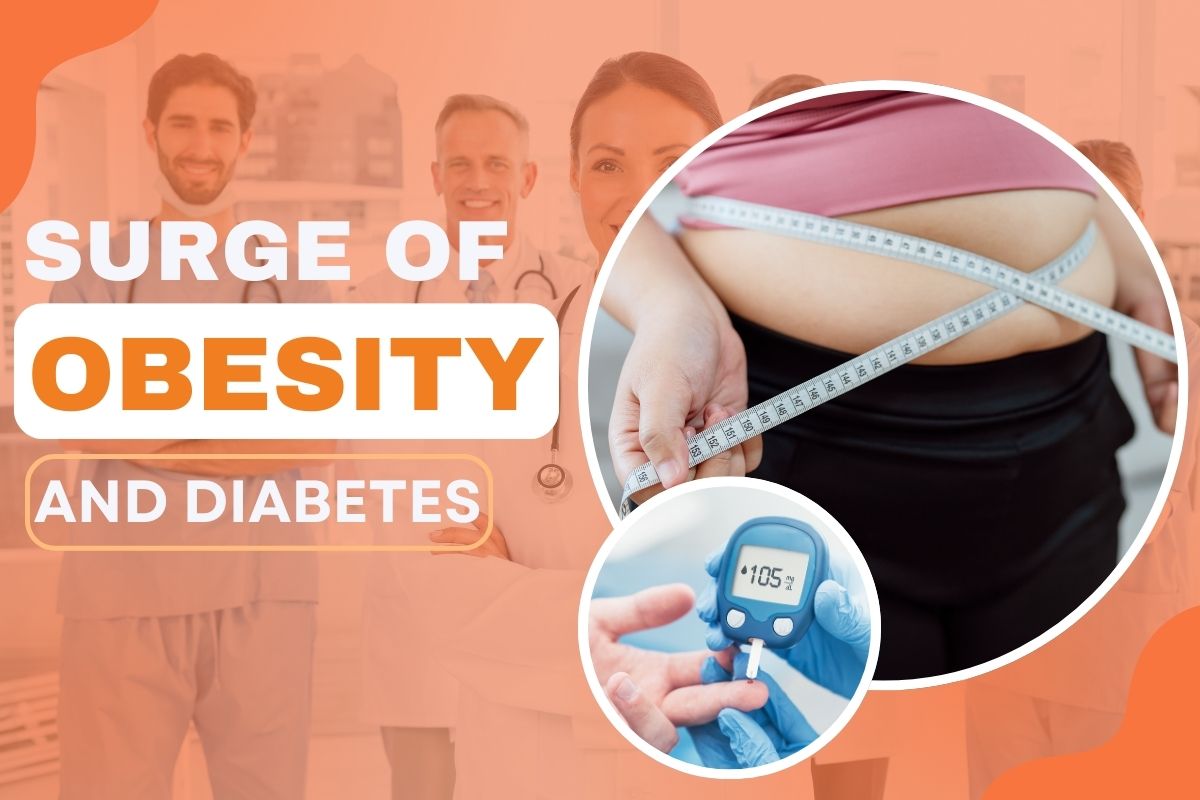


Obesity and diabetes are getting worse at a rate that has never been seen before, and they are now big public health problems around the world. These diseases used to be seen as annoying in daily life, but now they are life-threatening and affect millions of people. Their growth is being accelerated by a lack of exercise, consumption of processed foods, and genetic factors in both urban and rural areas. People who want to stay healthy in the long run need to understand what causes this rise, how it affects their health, and how to prevent it.
Table of Contents
ToggleObesity is a complicated disease that is marked by storing too much fat, which is bad for health. Body Mass Index (BMI) is used to measure it. A BMI of 30 or more is called obese. Aside from problems with how you look, being overweight can cause major health problems like heart disease, stroke, type 2 diabetes, some cancers, and joint issues.
Also read: Ultimate Guide to Solo Travel in India (2025): Tips, Safety and Best Destinations
Diabetes, especially Type 2, is a long-term disease that is closely linked to being overweight. It happens when the body either doesn’t make enough insulin or can’t use it properly, which causes blood sugar levels to rise. Diabetes often comes on slowly, and signs don’t show up until serious problems happen.
There is a clear and scary link between being overweight and getting diabetes. Especially, belly fat makes insulin resistance worse, which speeds up the development of Type 2 diabetes. Researchers have found that losing just 5–10% of your body weight can cut your chance of getting diabetes by a lot. When you have both diabetes and fat, you are more likely to have heart disease, kidney disease, and nerve damage.
Prevention is more than just one person’s work.
New technologies are changing how obesity and diabetes are managed:
The rise in diabetes and obesity is a public health emergency that needs to be dealt with right away. Even though genes play a part, the best way to protect yourself is still to make healthy choices every day. These diseases can be avoided or made less severe with a balanced diet, regular exercise, stress control, and early monitoring. We can turn this scary trend around and live better lives by making healthier choices and using technology and community support.

